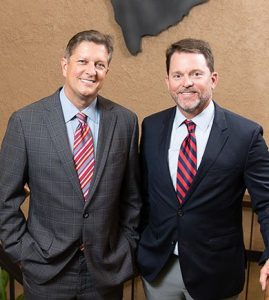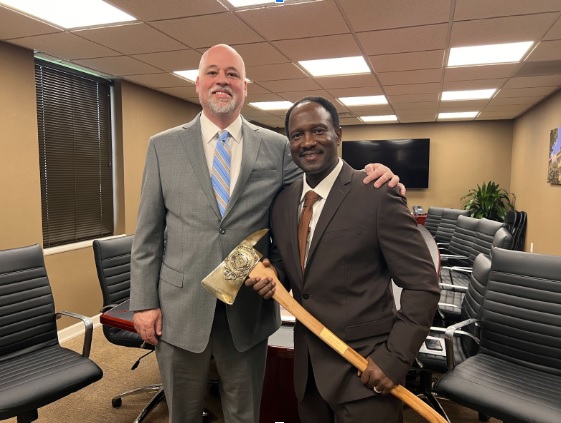Firefighting is a tough job that requires physical strength, bravery, and quick thinking. Firefighters put their lives on the line daily, running into burning buildings, battling dangerous conditions, and rescuing people in emergencies. Unfortunately, this high-risk work often leads to injuries. That’s where workers’ compensation comes in—providing vital support when firefighters are hurt on the job.
Understanding South Carolina workers’ compensation benefits for firefighters can be tricky, especially when the system doesn’t always provide the full support injured workers need. Whether you’re a career firefighter or a volunteer, it’s crucial to understand your rights and options under South Carolina’s workers’ compensation system.
Since 1968, our workers’ compensation lawyers at Joye Law Firm have been fighting for the rights of injured workers across South Carolina. Several of our attorneys have held leadership positions within Injured Workers’ Advocates, our state’s workers’ compensation organization for attorneys. Both our Managing Partner, Attorney Ken Harrell, and the Head of our Workers’ Compensation Department, Attorney Matt Jackson, have served as President of this esteemed organization.
At Joye Law Firm, we’re committed to helping injured firefighters get the benefits they need to recover and move forward. If you’re struggling to get the compensation you deserve, we’re here to help.
Understanding Workers’ Compensation for Firefighters

Workers’ compensation is a type of insurance that provides benefits to employees who are injured or become ill as a result of their job. It covers things like medical bills, a portion of lost wages, and other related expenses. For South Carolina firefighters, these benefits are essential, especially when injuries keep them from returning to work.
However, workers’ comp doesn’t always offer a smooth path to recovery. Firefighters often face unique challenges when filing claims, including difficulties proving that injuries occurred in the line of duty or receiving fair compensation for their losses.
Common Injuries Firefighters Face
Firefighting is physically demanding and dangerous. Firefighters often suffer from a range of injuries due to the nature of their work, such as:
- Burns and Smoke Inhalation: Exposure to intense heat and smoke can cause severe burns and respiratory problems.
- Falls and Fractures: Scaling ladders, climbing rooftops, and navigating unstable buildings put firefighters at risk of falls, sprains, and broken bones.
- Heat-Related Illnesses: Working in high temperatures with heavy gear can lead to heat exhaustion, dehydration, and heat stroke.
- Toxic Exposure: Firefighters often encounter hazardous chemicals, asbestos, and other toxins that can lead to long-term health issues, including respiratory problems and cancers from Aqueous Film Forming Foam (AFFF).
- Strains and Sprains: Carrying heavy equipment, lifting victims, and performing high-impact tasks can cause overexertion injuries like muscle strains and back injuries.
These injuries are not just physically painful—they can also take a financial toll, especially when medical bills pile up and time away from work affects your income.
Workers’ Compensation for Volunteer Firefighters
South Carolina relies heavily on volunteer firefighters who dedicate their time to protect their communities. While their commitment is invaluable, the state’s workers’ compensation system doesn’t always treat them fairly.
Volunteer firefighters face significant limitations when it comes to workers’ comp benefits. Unlike full-time firefighters, who receive two-thirds of your average weekly wage during the preceding year, volunteer firefighter compensation rates are set much lower.
Under South Carolina law, injured volunteer firefighters receive a compensation rate of 37.5% of the average weekly wage in the state for the previous fiscal year, regardless of their actual earnings from other jobs. That translates to about $385 per week. This fixed rate is far below what most volunteers earn in their regular employment, creating financial strain during recovery.
The system’s low benefits for volunteers can discourage people from stepping up to serve, leaving communities at risk. It’s an unfair system that needs attention, but for now, volunteer firefighters need to be aware of their limited compensation options.













